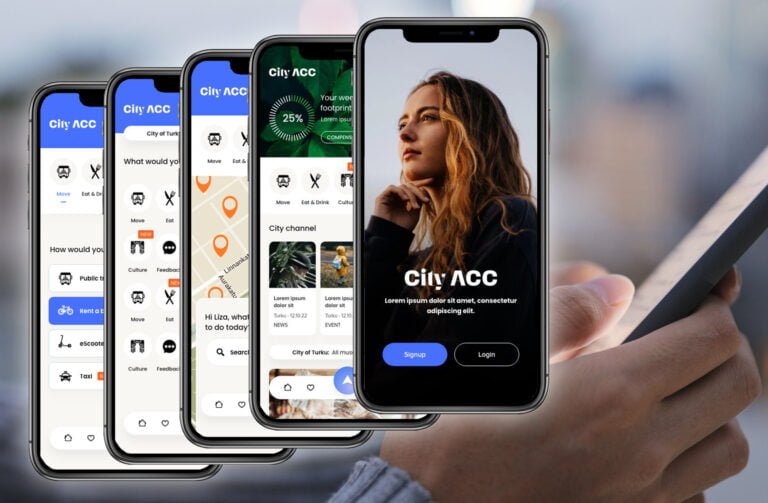By Pirkka Lankinen
CEO of PayiQ
While I am extremely proud of what our team accomplished in 2022, I would not want to revisit it, ever. At the year’s start we already faced serious challenges since the global pandemic had cut deeply into our core business of mobile ticketing, squeezing our cash flow and freezing our expansion plans. Then Russia attacked Ukraine bringing more instability into an already fragile world and forcing us to take immediate action and pull out of the Russian market.
We shut down Russia with a heavy heart because the market was promising and our team there was great. But we stood firm with Ukraine and closed all business and services as soon as legally possible. The cost of divesting Russia was an uncomfortable hit, but we were able to bear it due to restructuring and healthy mobile ticket sales in Finland.
Our reasoning for this is that we are seeing the effects of the pandemic boost on overall digitalization. When at home, people had to interact with the world through digital services. And now, when they are returning to the busses, the workplaces, and social gatherings at increasing levels, they are used to using digital devices whenever possible.
I also think that we got an unexpected extra push from new payment authentication protocols that were imposed due to PSD2 legislation and in practice forced people to use their handhelds to secure payments. Mobile and payments became inseparable, and we can see it everywhere where people pay for things.
Maybe we also got a little help from the e-scooter industry that only allows you to access a ride through a mobile app. Mobile and mobility live in the same place in a modern mind.
As I am writing this in January 2023, the number of tickets bought through our service is still on the rise. While there is still little margin for slip ups there is an increasing margin for product development.
There are two areas that will be explored in 2023. One is our increased presence in the B2C market. Sometimes the circumstances dictate that we are a reseller instead of a strategic or technical partner. We are in the process of developing the KPIs and identifying best practices. It’s quite interesting since when we are a reseller, we own the customer and the data related to that customer. This opens new avenues for product development, growth, and new partnerships.
The other area is City Acc. It is an app we are developing to build access, not just to public transport, but to other services in a city. It is also a tool to measure and gamify the CO2 emissions of an individual or an organization or a region. To be able to do this we have licensed an award-winning German mobility analytics technology. Among other things it is an AI-driven CO2 footprint calculator that traces the user’s movements. I believe it is a technology we will find in most pockets in a few years. By adding this functionality to the City Acc app we can give a user access to their personal CO2 emissions and provide understanding on how their mobility choices affect the outcome. This can also be gamified to benefit both the traveler and the society.
Through City Acc our network among cities and potential partners will expand dramatically. We will not only be talking with the transport authorities, but also with everyone involved with local services, smart cities, and climate targets. It seems we have plenty to offer to the smart cities of the future. of the Storm and into the Next Phase.
















